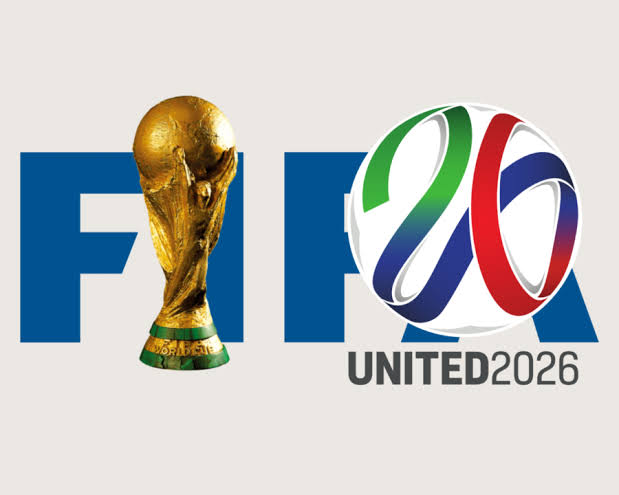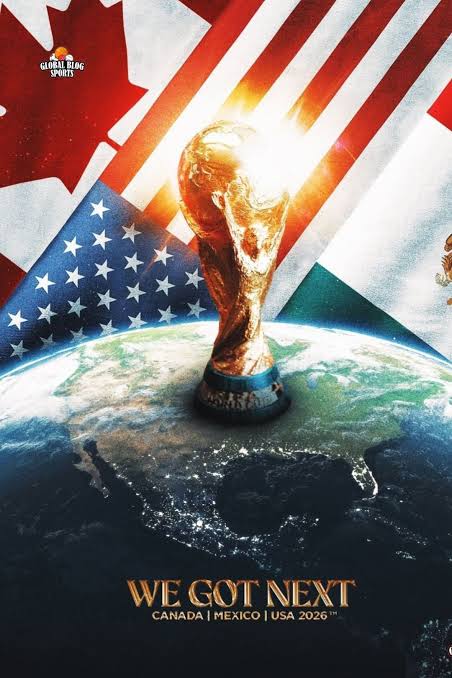The FIFA World Cup 2026 will be the 23rd edition of the tournament, and it will be jointly hosted by three countries: the United States, Canada, and Mexico. This will mark the first time the World Cup is hosted by three nations and the first time it returns to North America since the U.S. hosted it in 1994. Mexico will become the first country to host the World Cup three times (1970, 1986, and 2026).
Some key details about the 2026 World Cup:
- Expanded format: The tournament will feature 48 teams for the first time, up from 32 teams in previous editions.
- Venues: Matches will be played across 16 cities, with 11 in the United States, 3 in Mexico, and 2 in Canada.
- Dates: The exact dates are yet to be confirmed, but it will take place during the summer of 2026, as usual.
This expansion to 48 teams is designed to offer more opportunities for countries to qualify, with additional spots allocated to continents such as Africa, Asia, and North America.
The FIFA World Cup 2026 will be unique for several reasons:
### 1. **Three-Host Format** - **First-Ever Three-Nation Host**: It will be the first World Cup hosted by three nations: the United States, Canada, and Mexico. This global cooperation showcases a broader sense of unity, with matches spread across North America. - **Mexico's Historic Role**: Mexico will make history as the first country to host the World Cup for a third time, having previously hosted in 1970 and 1986.
### 2. **Largest Number of Teams** - **48-Team Expansion**: The 2026 edition will feature 48 teams, expanding from the previous 32-team format. This change is designed to provide more opportunities for countries worldwide, especially from underrepresented continents like Africa and Asia. This will lead to more matches and a broader representation of nations.
### 3. **New Tournament Structure** - **Groups of Three**: Instead of the usual four-team groups, teams will be split into **16 groups of three**, with the top two advancing to the knockout stages. This adjustment will make the group stages faster and more competitive. - **More Matches**: With more teams and the new format, there will be a total of **80 matches**, offering more excitement and global attention than any previous World Cup.
### 4. **Environmental Sustainability Focus** - **Sustainable Hosting**: The organizers have pledged to prioritize environmental sustainability, with initiatives like renewable energy, public transport promotion, and eco-friendly stadiums being a focus. The use of existing infrastructure in many cities will also reduce the carbon footprint.

### 5. **Technological Innovations** - **Advanced Technologies**: Following innovations like Video Assistant Referee (VAR) in 2018, 2026 is expected to showcase further technological advancements, perhaps with enhanced goal-line technology, AI-driven analytics, and interactive fan experiences through augmented reality.
The 2026 World Cup will blend modern innovation, a larger global stage, and the historic significance of joint hosting, making it one of the most anticipated tournaments in the history of football.
